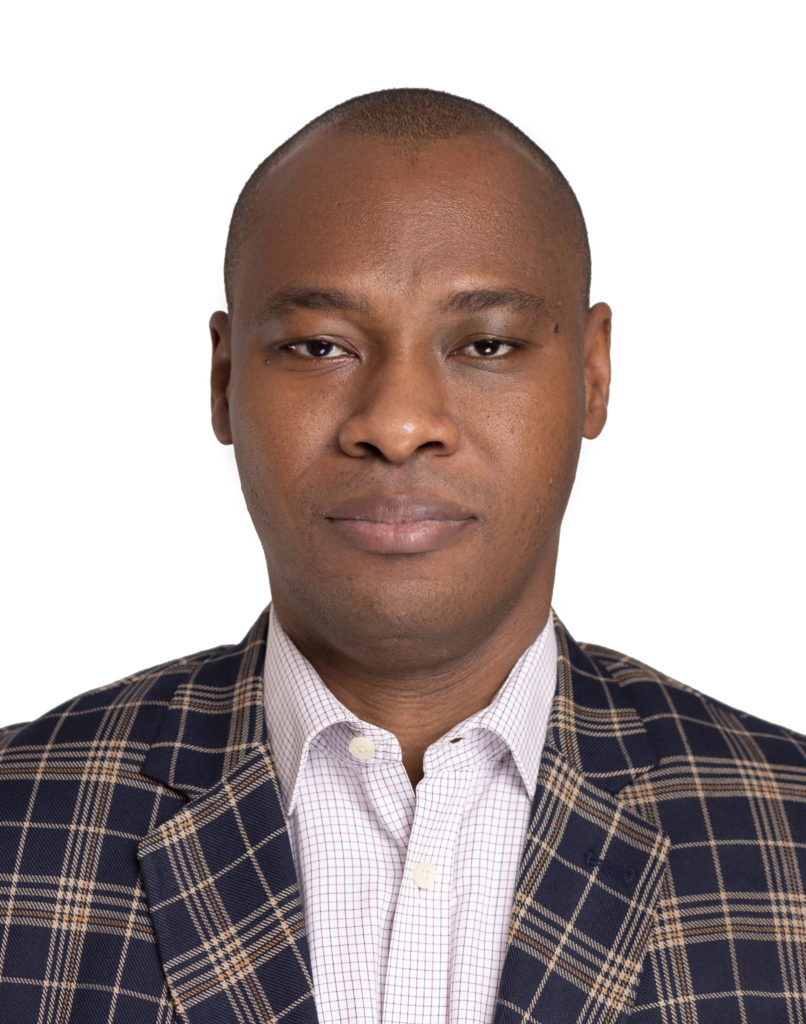By Paul Omugbe, Chartered Accountant, Agile Coach, Project Management Leader, and CEO of Quavah LLC
The ideas of project management are not exclusive to the office, given the dynamic and fast-paced nature of modern life. Using project management techniques can greatly improve your productivity, organization, and general quality of life, regardless of your role in life—business professional, student, homemaker, or anybody managing the challenges of everyday tasks.
1. Establish Clear Goals: Personal success depends on defining clear goals, just like in corporate endeavours. Whether it’s finishing a project around the house, starting a personal blog, or even organizing a family vacation, decide what you want to do. Clearly state your goals and divide them into doable assignments.
2. Prioritize work: Setting priorities for your work according to their relevance and urgency is a crucial part of time management. Decide which tasks are essential and focus on them first. This helps lessen the tension that comes with approaching deadlines and guarantees that important parts of your life are taken care of right away.
3. Establish a Timetable: Make use of scheduling software to arrange your days, weeks, and months. Having a picture of your obligations, whether through a planner, digital calendar, or both, helps you manage your time more effectively. Make time for your family, personal projects, job, and leisure to ensure a well-rounded and satisfying life.
4. Divide Complex Projects Into Smaller, More Manageable Jobs: Though large projects might be intimidating, they become less so when they are divided into smaller, more manageable jobs. By encouraging you to feel proud of yourself as you finish each stage, this method pushes you to keep going.
5. Adaptability is Key: Plans may need to change because life is unpredictable. Develop an agile mentality that will enable you to adjust to unanticipated events while maintaining focus on your objectives. In both daily living and professional project management, flexibility is a highly valued quality.
6. Communication Is Important: Both in the personal and professional domains, effective communication is essential. Share your progress with those working on your projects, be clear about what you anticipate, and be receptive to criticism. By ensuring that everyone is in agreement, this promotes cooperation and support.
7. Learn from Experience: Think back on your past encounters and draw lessons from both achievements and setbacks. The foundation of project management is continuous improvement. Utilize the knowledge you’ve gained to improve your strategy going forward, fostering personal development.
By incorporating these project management concepts into your everyday activities, you’ll discover that you’re more capable of handling obstacles, taking advantage of chances, and living a more planned and contented life. The advantages of project management go well beyond the boardroom, regardless of your level of experience or your inexperience. Accept these habits, and you’ll see how they improve your personal and professional lives. The straightforward use of project management concepts is the first step on your path to a life that is more purposeful, structured, and efficient.

Paul Omugbe is a highly experienced Project Management Professional Leader, Chartered Accountant, Financial Modeling Analyst, and Agile Coach. As the CEO of Quavah LLC, he focuses on helping small businesses and corporate organizations build high-performing teams and sustainable businesses through innovative project management and agile methodologies. With 15 years of experience, he has a trailblazing reputation in strategy, innovation, project management, and business. Paul holds a Fellow Chartered Accountant designation from The Institute of Chartered Accountants of Nigeria (ICAN), Professional certifications from the Project Management Institute (PMI), and Business Valuations and Digital Innovation for Finance by the Association of Certified Chartered Accountants (ACCA). Paul is also the immediate past President of the Project Management Institute Nigeria Chapter (PMING). His publications include books on project management, finance, and artificial intelligence. Paul’s education includes a Bachelor of Science in Applied Accounting from Oxford Brookes University and an Advanced Diploma in Accounting and Business from the Association of Certified Chartered Accountants (ACCA), UK.


